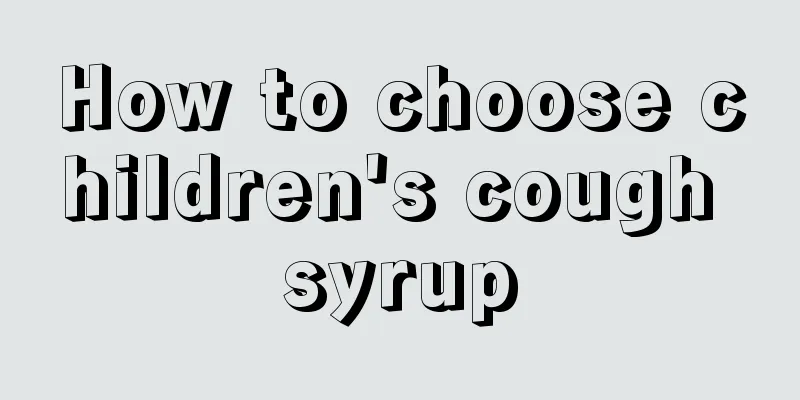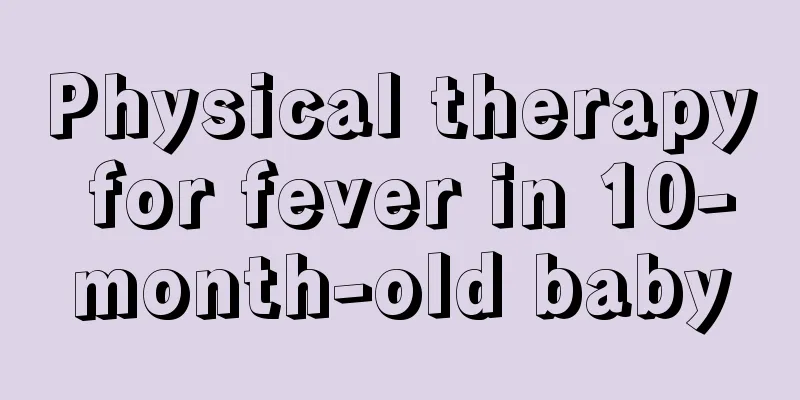Hazards of neonatal infusion

|
When a person has a more serious illness, he or she needs intravenous treatment. Infusion mainly involves injecting drugs into a person's veins, so it is best not to choose infusion unless the disease is particularly serious, because infusion can cause great harm to the human body. When many newborns have medical problems, doctors will ask their parents to give them intravenous drips, because this is the only way to effectively treat their physical illnesses. So what are the hazards of neonatal infusion? 1 Increase the burden on the lungs The narrowest capillaries in the human body do not exceed 10 micrometers. Once the particles of the infused drugs are too large, they will cause blockage in the blood vessels. After the drugs enter the blood, particles with a diameter larger than the narrowest part of the capillaries will be filtered out by the lungs and remain in the lungs, causing lung fibrosis and reduced breathing capacity, which may also affect the oxygen supply throughout the body. 2. Drug resistance Frequent infusions may also lead to an "infusion disease". Compared with oral medications, infusions have a higher probability of allergic reactions and are more likely to produce drug resistance, leading to the same disease in the future, which is difficult to cure without infusions. 3. Rapid adverse reactions Oral medications enter the blood through the digestive system, and the process is relatively slow, causing milder adverse reactions. Some impurities that may cause adverse reactions are broken down or filtered out in the digestive tract. When administered intravenously, the drug enters the blood circulation directly and "quickly and violently" causes adverse reactions such as fever, dermatitis, and rash. In severe cases, it can even lead to shock or death. 4 Reduce baby's resistance After long-term infusion, the baby's body becomes dependent on the medicine, so that when the baby catches a cold or fever again, even if the baby only has a runny nose, he will slowly develop a fever. This is mainly because the baby's resistance is getting lower and lower. 5 Ordinary medicines are ineffective for babies When a baby has a runny nose or sneezes, he or she will usually get better by taking some cold medicine. However, for babies who need long-term intravenous drips, taking medicine is useless. The main reason is that the effect of tablets is slow and not as fast as intravenous drips. Many parents want their babies to get better quickly, so they still use intravenous drips, which creates a vicious cycle. 6. Increased risk of allergies Some babies may be allergic to intravenous drugs, such as cephalosporin and other drugs. Although it is not detectable at the time, side effects are likely to occur over time. Moreover, frequent injections will affect the health of the baby's blood vessels. |
<<: Milk volume for a two-week-old newborn
>>: Yellowing of the eyes of newborns
Recommend
When do baby teeth change?
When children reach a certain age, their deciduou...
17 steps to change newborn diapers
In the past, when there were no diapers, everyone...
What are the causes of blisters on children's lips?
Children's oral hygiene is very important, be...
What to do if your child has a cold and fever repeatedly
Colds and fevers are actually very common disease...
What is the reason for yellow hair in children?
As children grow up, their organs are not fully d...
At what age is it best for children to learn swimming?
Swimming is a very popular sport. It can exercise...
How to reduce the fever of children with fever of 37.5
For the vast majority of children, the chance of ...
What is the cause of deformed hands and feet in newborns?
If a child has deformed hands and feet, it will b...
What should I do if my baby has allergies and itching? These methods are simple and effective
The baby's body is itchy and red, which is an...
What is the reason for children's oliguria?
Once children have oliguria, timely treatment mus...
Treatment for baby shaking while sleeping
The problem of babies shaking while sleeping does...
How to educate a baby who is almost two years old
For children who are almost two years old, at thi...
Children's abdominal B-ultrasound lymph node enlargement
Swollen lymph nodes in the abdomen is a very comm...
What should I do if a five-year-old boy always sweats when sleeping?
Sweating is a way for our body to adjust itself. ...
What are the symptoms of follicular pharyngitis in children?
Nowadays, people pay more and more attention to t...









